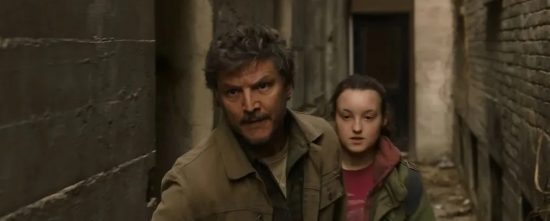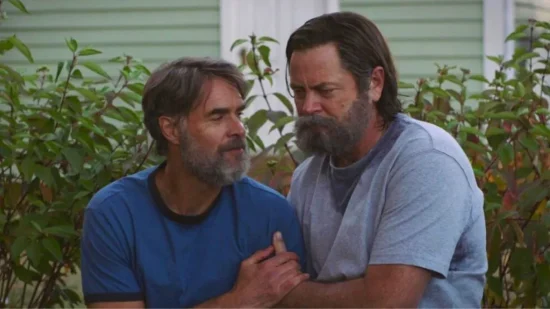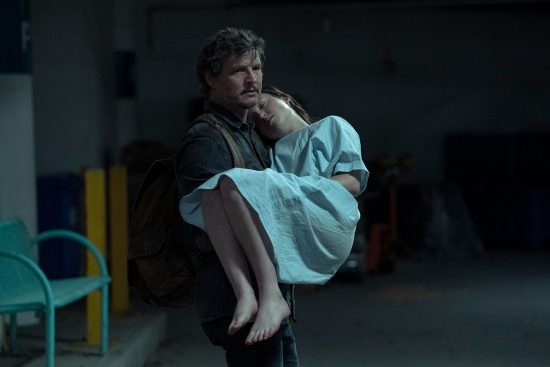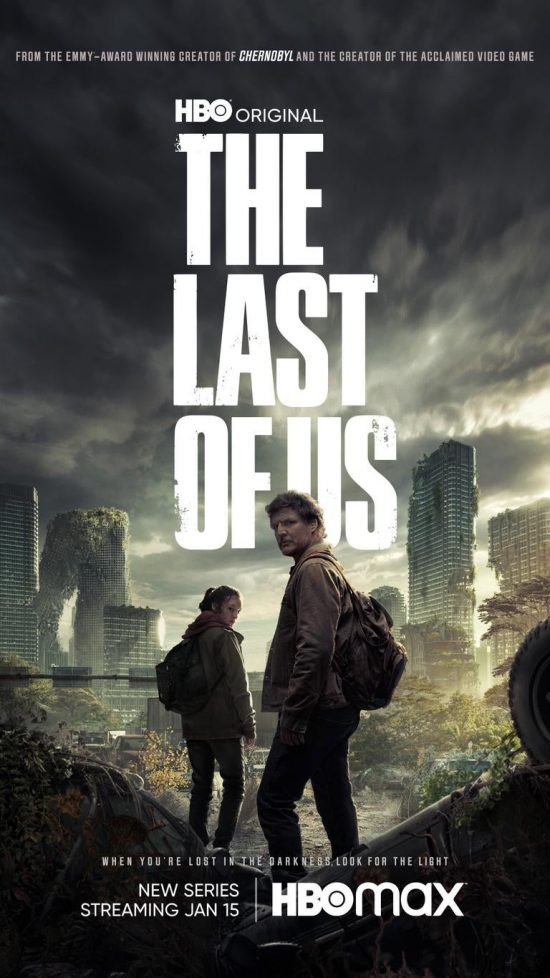Show vs Game – The Last of Us Wrap up Part 1: Morality
Now the dust has settled on season one of The Last of Us TV show and after nine weeks of comparisons of a superb show with an equally superb game, I’ve honed my thoughts on the merits of the exercise. There are two things I come back to often:
- What does The Last of Us tell us about morality?
- Was the show a necessary expansion to the game?
SPOILERS BELOW for the TLOU show and the TLOUP1 game.
Part 1: Keep Finding Something to Fight For.
The best and worst thing about this new series is how it has reignited the debate on Joel’s morality. It’s reassuring that show watchers are as consumed with this issue as gamers were back in 2013, but it’s even more frustrating to watch a character you love do really stupid things on the TV screen (when all we can do is watch).
The Joel played by Pedro Pascal was a different animal, especially in the show’s finale (unfortunately, not a giraffe). Show-Joel was more grizzled and private with real ‘2023 murderer’ energy. He used AR-15s to mercilessly kill people, especially in the finale, in pursuit of a personal goal. Yes, Joel is nobody’s example of moral superiority. However, the show is itself a study of subjectivity, it is one collective’s view of the world, and to me this rendering was much darker than the game.
As a consumer of a lot of dystopian content, the current prevalent theme is that humanity will descend to its most base form within ooh…one week of an apocalyptic event happening. I have never agreed with this damning opinion of my species, but TLOU show conveys very strongly that humans are trash. Of course, a TV show must always entertain, and conflict, especially of the human gun-toting kind, equals entertainment. The hero, who has already been replaced in our culture by the flawed hero, has now been replaced with the anti-hero. Whether it’s Succession, Barry, The White Lotus or Andor, broadcasters love shows with ‘complicated’ leads. This was seeded in TLOU as early as episode 2.
There’s the violent Tess, the angry Ellie, the militant Marlene and even a top Indonesian scientist who opts to spend her final days hunkering down instead of trying to stop the Codyceps virus from destroying humanity. And then there’s Joel Miller. If I lived in his world, having already suffered twenty years of human degradation of the soul, yeah, I’d be mistrusting with a nice line in weaponry too. This means that when the baseline is that nobody can be trusted, stories such as Frank and Bill’s romance in episode 3 feel much more poignant, because it’s impressive to believe that anybody here knows right from wrong. And Bill was a right-wing prepper!
And there were times when the show did exactly what I wanted, seeding the complexity of morality, like the intersection of Kathleen and Sam’s predicaments in episodes 4 and 5 (albeit by reviving Fascist narratives), or when Joel reunites with Tommy and immediately forces him to choose between his wife or blood. Morality plays always work better when the viewer understands that choices are difficult yet necessary, which leads me back to the finale.
In the end, the problems with Joel’s choices are less about morality and more about believability. I have always found it strange that Joel and Ellie, having spent months together, didn’t once discuss what Ellie’s role in procuring a vaccine could involve. The game cleverly fudges this by having external events interrupt the ‘you know you might die’ chat. The show tackles this in a weirder way, which is to have a conversation between the characters in the finale where they both strongly infer their feelings but cannot bring themselves to say the quiet part out loud. And this only gets worse when we discover that Marlene and her doctors also didn’t inform Ellie that she’s going to die (breach of medical ethics, much?). This unrealistic lumpy plot is fashioned into TV gold to somehow make Joel’s behaviour feel like a real moral conundrum, and to pay homage to a much more nuanced game.
I’d argue that the real question is not whether Joel was right or not, because to me, every character in TLOU show is often wrong and stupid. The real question is, should we let game developers and showrunners determine what human morality is?
And that question has an unequivocal answer: No.
Part 2 to follow.















